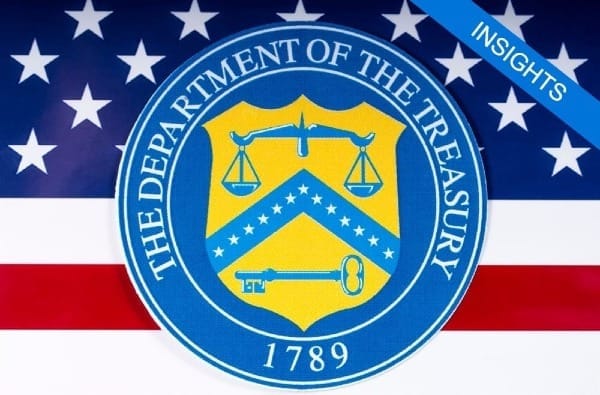OFAC Insights 21 October 2024

What's going on?
The Price Cap Coalition, comprising G7 countries, the European Union, Australia, and New Zealand, has released an updated advisory targeting the global maritime industry. This advisory provides enhanced guidelines for both government and private sector actors to enforce international compliance and disrupt illicit trade. The focus is particularly on minimizing Russian revenue avenues used to fund its conflict in Ukraine. Additionally, the U.S. has endorsed the "Call to Action" on the risks associated with Russia’s shadow fleet, as part of efforts to increase the pressure on entities aiding in the evasion of sanctions.
Key Changes to Official Sanctions Lists
- There are no new specific additions or removals from the existing OFAC Specially Designated Nationals (SDN) list directly mentioned in these articles.
- However, the updated advisory may indirectly affect entities or individuals within the maritime industry that engage with sanctioned Russian oil and gas shipments.
Insights
-
Increased Due Diligence Expectations: Financial institutions, particularly those involved in maritime finance, are advised to enhance their due diligence procedures. This includes taking a more rigorous approach when assessing transactions that could involve sanctioned entities or trades which fall under the price cap restrictions.
-
Focus on Transparency: With the ongoing conflict in Ukraine, there is an increased emphasis on transparency. Banks need to ensure they are fully aware of the end-to-end logistics and counterparties involved in their maritime financing deals, especially concerning Russian entities.
-
Impact of Russia’s Shadow Fleet: The “Call to Action” highlights the risks posed by Russia’s shadow fleet — a network of vessels engaged in clandestine operations to circumvent sanctions. Financial institutions should endeavor to trace and report potentially suspicious activities related to these operations.
-
Enhanced Reporting and Compliance Measures: There is a need to implement more sophisticated monitoring systems capable of identifying red flags associated with maritime trade. Regular updates to compliance training and internal awareness initiatives regarding these new guidelines should be prioritized.
-
Energy Market Considerations: While enforcing sanctions is crucial, it's equally important for entities to balance compliance with market stability concerns. This dual focus ensures that while Russia's revenues are constrained, there is no inadvertent impact on global energy supply chains.
Financial institutions involved in global trade, especially banking Australians, need to align their strategies with these updated advisories to mitigate risks and avoid potential pitfalls associated with sanctioned trade.
